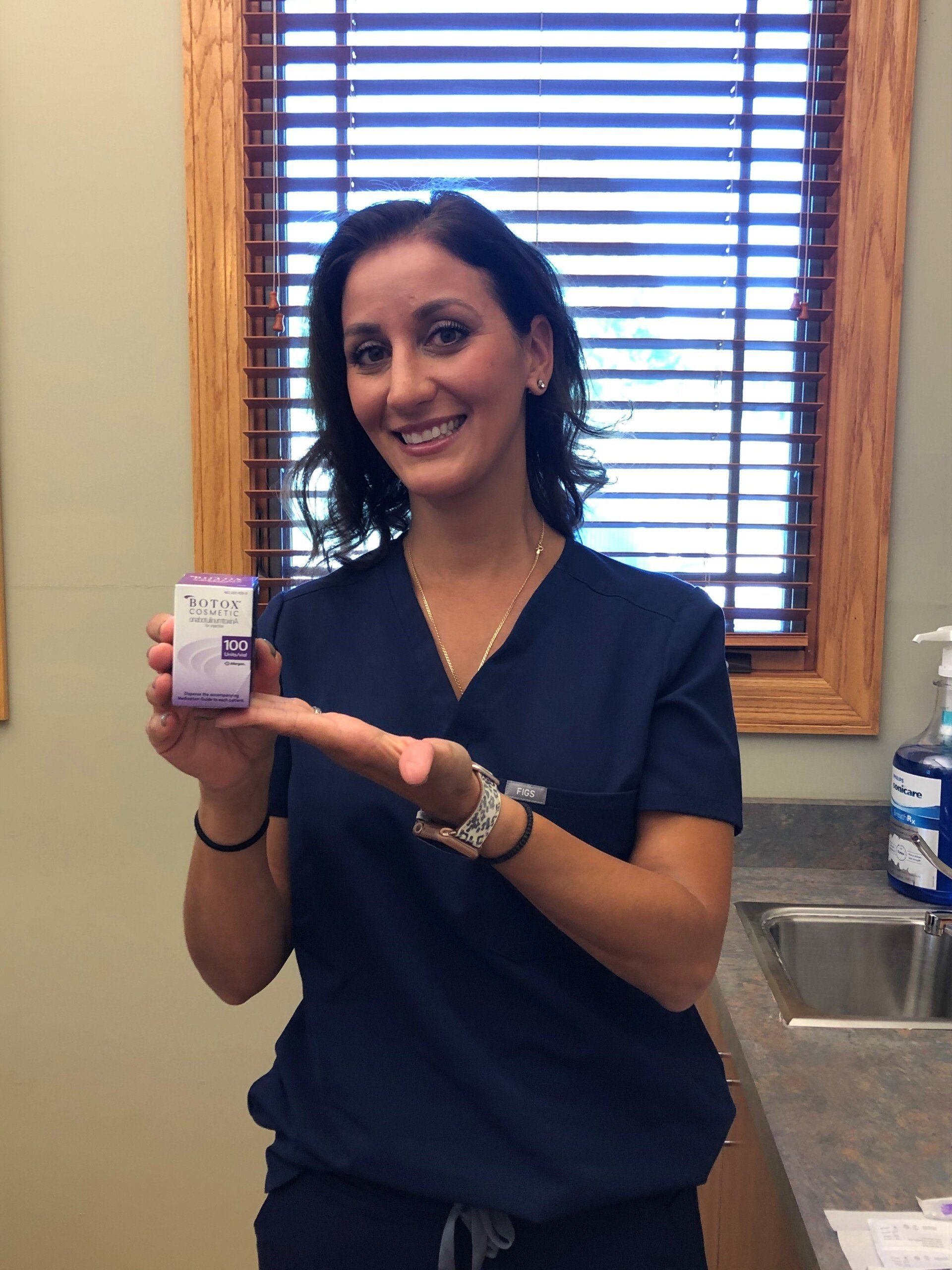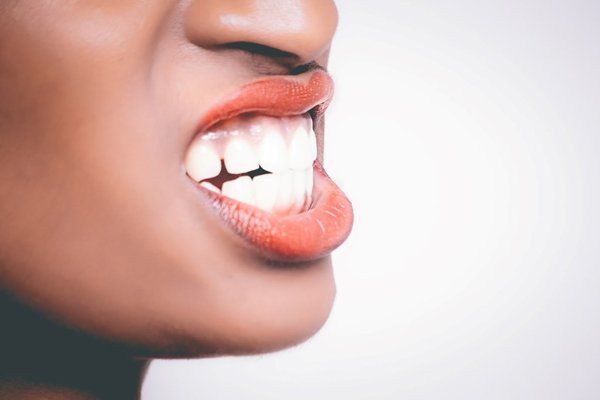
Many dental patients need to wear a night guard at night to avoid damage from clenching their jaw and grinding their teeth. Whether you're choosing a custom-fitted one you send away in the mail, a basic boil-and-bite guard, or a professional night guard fitted in person by your dentist, a night guard can be an essential part of your dental care.
Here are some considerations for helping you choose between the many night guard options available to you.
1. Texture of the Guard
Some night guards are made of soft and cushion-like plastic. This may sound positive, since the material will be able to soften the shock of clenching your teeth together. However, these chewy-textured guards may actually encourage a chewing motion and could actually increase grinding in some cases.
Increased grinding could mean that symptoms such as jaw and muscle soreness, headaches, and gum irritation increase. These symptoms can still occur even if you're using a night guard, so you can see why choosing a guard that doesn't increase grinding is important. A less squishy, comparatively hard-textured night guard may work better.
2. Comfort and Convenience
Before you decide on a night guard, think about the process of wearing it. If you have a sensitive gag reflex or jaw joint issues (such as temporomandibular problems, which may accompany nighttime grinding), you may not be comfortable holding a thick, bulky guard in your mouth.
An uncomfortable night guard is not only less pleasant to wear, but may keep you awake at night, reducing sleep duration or quality. Or you may even find yourself removing it in your sleep, eliminating its effectiveness. So comfort is a big deal here. A guard that's made of an extra-stiff material or one that's not quite the right shape and size could also be uncomfortable.
3. Sturdiness and Longevity
Before comparing prices on different styles of night guard, don't forget to consider the monthly or yearly price based on the product's expected lifespan. Check the product information to see how long the product typically lasts.
And don't forget to factor in the possibility of chewing through the guard. If your nighttime grinding is bad enough that your dentist has told you to wear a night guard, you may be at risk of wearing through your night guards on a regular basis. Talk to your dentist about how severe your problem is and whether you'll need to look for an extra-durable night guard.
4. Price
For many patients, price is a big factor. If you can afford it, you should consider investing in the professionally fitted night guard your dentist offers. Although expensive up front, these guards are likely to offer a long service life. They're also less likely to be bulky and uncomfortable.
However, for many dental patients, a professional guard is just not affordable, especially if you don't have dental insurance to cover it. In this scenario, you're likely better off looking for a mid-range price rather than a bottom basement product that's made as cheaply as possible.
Some patients use a sports mouthguard as a night guard, because sports guards are widely available and affordable. However, this option is not optimal because a sports guard is likely to be thicker and more cushioning, yet less hard and therefore less able to stand up to grinding. Also, these guards may be quite difficult to sleep with since they're so bulky.
5. Possible Side Effects
In some cases, a poorly made night guard could interfere with your bite by changing how your teeth fit together all night, every night. Your dentist's professionally fitted night guard is less likely to interfere with your bite. It's a thin material that won't force your jaw into an open position or keep your teeth from fitting together normally.
These considerations can help you choose a night guard that's likely to work for your situation. If you find that you struggle with the first night guard you try, don't give up. Talk to your dentist about which option you should try next. Schedule an appointment with Silver Lake Family Dental today to discuss your dental needs with your friendly local dentist.














